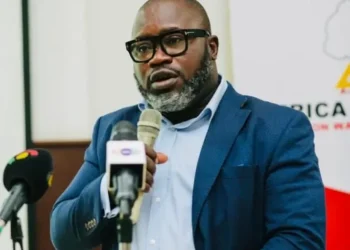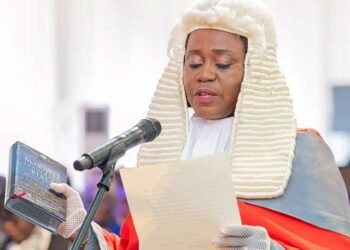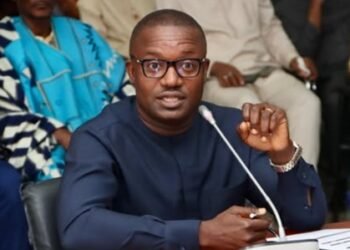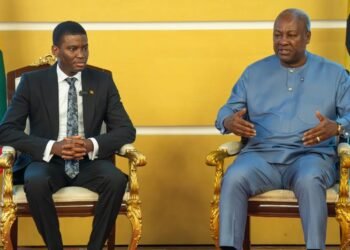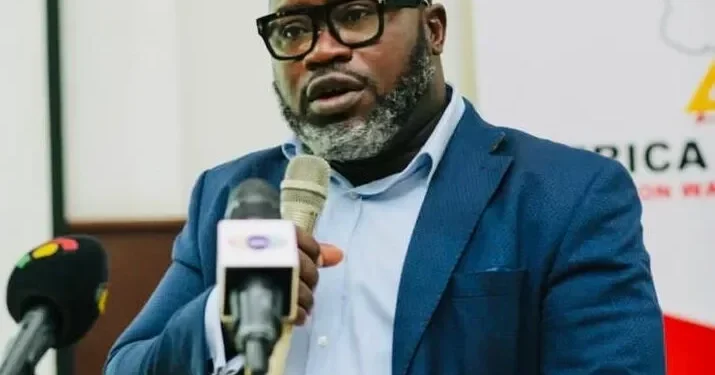Franklin Cudjoe of IMANI Africa has stated that Nana Konadu Agyeman-Rawlings’ National Democratic Party (NDP) had pledged to implement reforms in governance and the economy if they had won the 2016 elections.
He pointed out that the NDP made five promises related to governance, but none of them had specific, measurable targets or clear benchmarks to evaluate their implementation or success.
“They promised to introduce a bureau (COBNOG) for an effective decentralization. However, with no information on what institutional structure that COBNOG will have, and no information on how they intend to decentralize (or what, for that matter), one cannot possibly consider the promise semi-quantifiable, and it is very hard to assess the impact the policy might have”.
Franklin Cudjoe
Franklin Cudjoe observed that the NDP has pledged to fortify local government, but failed to provide a clear explanation or specific details on how they intend to achieve this goal or what specific reforms they plan to implement.
As such, he suggested that the NDP should clarify which specific central government responsibilities they want to decentralize to strengthen local government independence if it wants the local government to have more independence.
Franklin Cudjoe also asked whether the resource allocation schemes would undergo changes, and if so, what specific changes would be made and how they would be implemented.
He noted that, in essence, the promise to “strengthen” local government lacks concrete details, making it an unquantifiable and vague commitment, devoid of any clear explanation or specific objectives.
Franklin Cudjoe pointed out that the only specific and measurable promise made by the NDP is to appoint a minimum of 50% competent women as cabinet ministers, making it a clear and quantifiable commitment.
“Since the costs involved in implementing this promise are mainly political, no further analysis is being made”. – Franklin Cudjoe
NDP’s Economic Promises Lack Clear Targets
Moreover, Franklin Cudjoe noted that under the category of Economy, the NDP made 17 promises, including some interconnected ones, but none of them had clear, measurable targets or specific benchmarks, making them all unquantifiable.
Franklin Cudjoe observed that, despite the lack of quantifiable economic promises, the NDP has a clear vision for industrialization, which includes two specific and notable promises: to develop the salt production industry and establish a gold refinery industry.
He pointed out that the NDP has made a bold claim that a well-developed salt industry has the potential to generate more revenue for Ghana than the country’s current gold exports.
“But to make the promise clear for the voters, the NDP must clarify; (i) what is meant by a developed salt industry; and (ii) how NDP plans to develop such a sector. As listed, the approach is to develop a salt mining program, to promote salt production and factories for the production of chloride and sodium for exportation, and to increase revenue base through the export of rock salt to oil-producing countries in Africa”.
Franklin Cudjoe
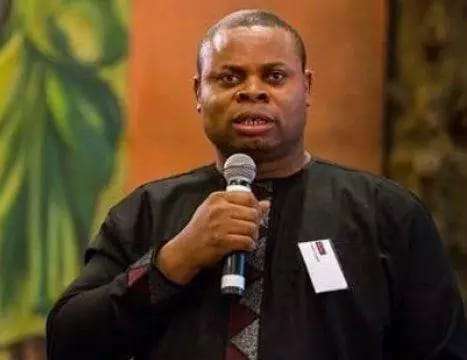
Franklin Cudjoe expressed curiosity about the NDP’s strategy to boost salt production, asking whether they plan to offer incentives such as tax breaks or reduced import duties on essential inputs to support the industry’s growth.
As such, he questioned whether the NDP has a plan to ensure a reliable energy supply to support the production of rock salt, which requires significant capital investment and energy resources.
“Some more concrete questions are; how they will tackle the fact that only 40% of the land licensed for salt production is being used, and only about 56% of the available land for salt production is formally licensed?”
Franklin Cudjoe
Franklin Cudjoe emphasized that the NDP must conduct a comprehensive analysis to identify the barriers hindering the industry’s mechanization.
He noted that the NDP must also develop a robust legal and regulatory framework that addresses informal and illegal practices promoting a more formal and organized salt production sector.
NDP’s Salt Industry Promise: Lack Of Clear Strategy Raises Concerns
Furthermore, Franklin Cudjoe succinctly stated that, currently, the NDP appears to lack a clear strategy or plan to develop the salt industry, which they have touted as a key aspect of their manifesto, raising questions about their commitment to fulfilling this promise.
He emphasized that the NDP needs to provide clear and systematic answers to these questions and concerns to lend credibility to its promises and demonstrate a viable plan for developing the salt industry.
“Looking at the other main vision concerning the manufacturing sector, namely the gold industry, a similar problem is found. The main promises are to establish a gold refinery, to add value to gold production, stabilize the Ghanaian cedi by keeping gold as a reserve, and to start exporting processed gold and gold products higher up in the value chain (interpretation of ‘stop exporting gold as is done today’)”.
Franklin Cudjoe
Franklin Cudjoe pointed out that the NDP lacks a clear plan for developing the gold industry, with the sole exception being a promise to build a gold refinery factory, which is the only somewhat concrete proposal.
He observed that the NDP’s promise to build a gold refinery factory lacks essential details, such as the refinery’s capacity (e.g., ounces of gold processed per day) and the intended gold purity, leaving the proposal vague and lacking critical specifics.
“But even so, there are other more in-depth issues that are not being addressed. For instance, gold processing is characterized by “economics of speed” because the high value of the raw material induces a great opportunity cost in holding it”.
Franklin Cudjoe
Franklin Cudjoe pointed out that the gold processing industry has a higher waste cost compared to other industries, making it a more expensive venture.
He emphasized that state-of-the-art facilities with modern, clean equipment and reliable infrastructure connections are essential for gold processing, but he expressed concern that Ghana’s unstable electricity supply poses a significant challenge to achieving this goal.
READ ALSO: Shadow Home Secretary Condemns Intimidation of Labour Candidates





